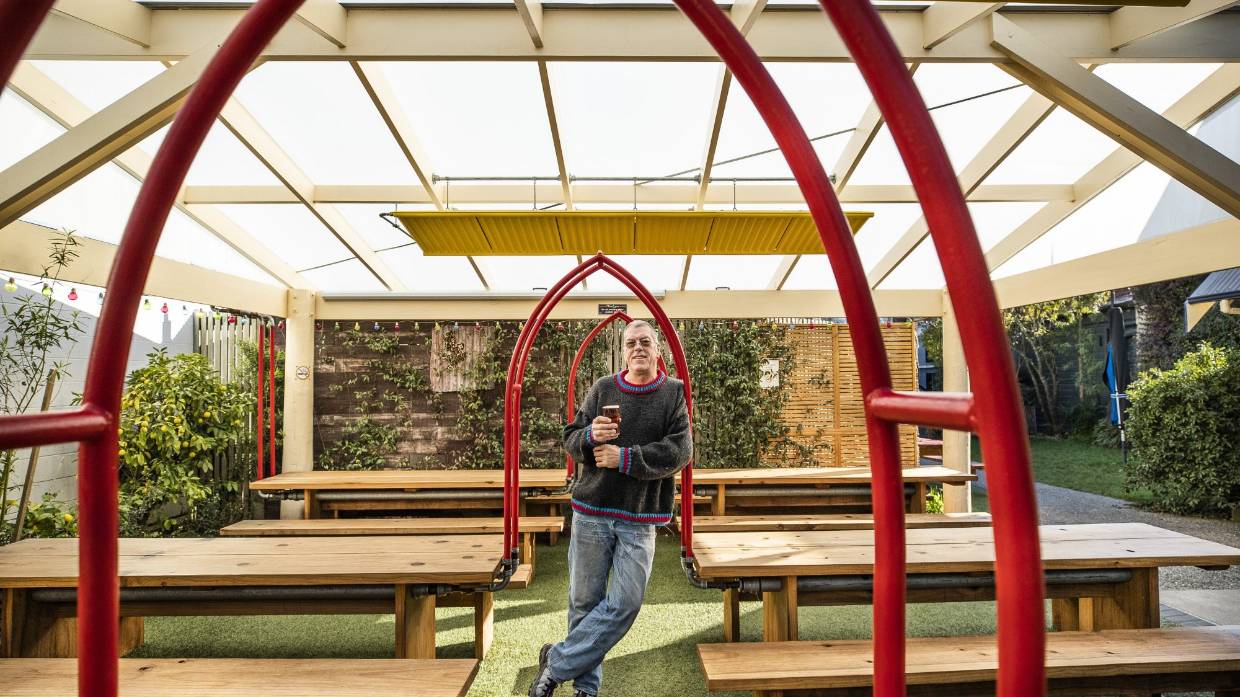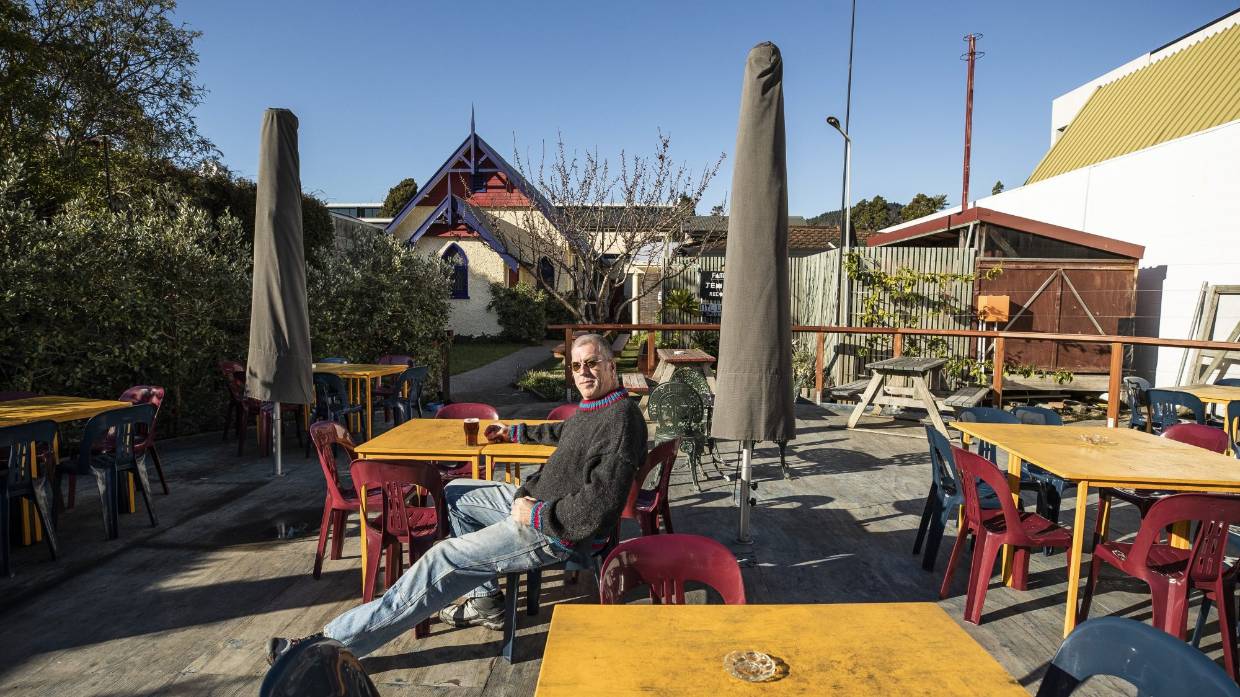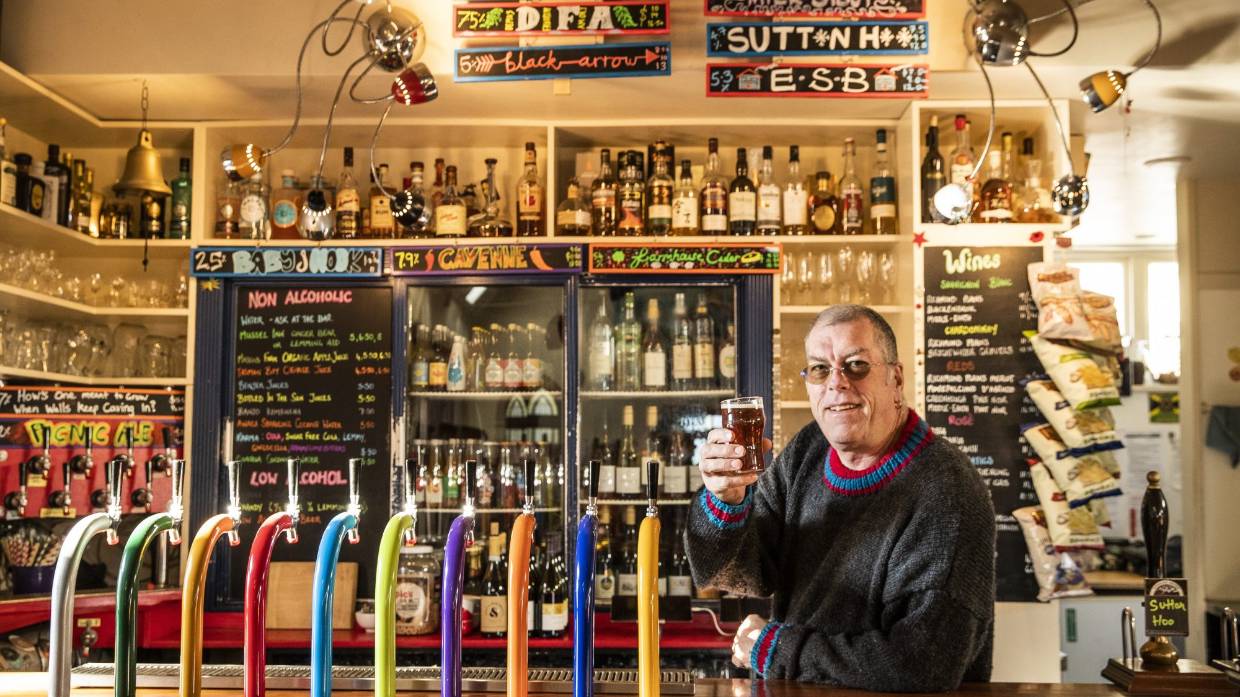Nelson pub achieves ‘climate positive’ status by offsetting emissions

A handful of bars in New Zealand have become zero carbon, but a pub in Nelson is the first in the country to become “climate positive”.
The Free House on Collingwood Street earned the certification from not-for-profit enterprise Ekos during lockdown, after opting to offset 120 per cent of its carbon emissions.
The pub’s owner Eelco Boswijk wanted to pay for more carbon than the pub was measured to emit, partially to compensate for bars that didn’t measure their carbon footprint, or couldn’t afford to offset it.
“If I can do a little bit more now at the beginning, and that helps other people get onboard the whole movement … then it’s got to be good,” he said.

“But in the short term, we need to have action.”
The pub received around 800 kegs of beer a year from Auckland to Dunedin, but mainly from Christchurch.
Boswijk thought measuring his company’s carbon footprint would be an “interesting experience” and part of its social responsibility, so started the process last year.
Emissions were measured through analysis of fuels, refrigerant leakage, vehicle use, electricity, inwards and outwards freight, non-company vehicles, waste, flights and accommodation.
“Hotspots” were identified as electricity, and use of company vehicles.
The company was now looking at cutting electricity use by optimising refrigeration efficiency, including checking for any leaks in the coolant, and looking at whether they could put timers on the fridges so they didn’t run overnight.
It aimed to switch to hydrogen fuelled heating, using its current LPG combi-boiler once hydrogen supplies were available.
Achieving climate positive status cost the company around $1000.
Its emissions were offset using the Ekos supply chain of restorative, permanent forest projects, three of which were in the Tasman and Marlborough regions.

Boswijk says the climate positive process was simpler than he expected, and cost about $1000.
It was an easier process than Boswijk expected.
“It was a little bit daunting at first. I’ve got a form phobia, I don’t like filling out forms.
“But just taking it piece by piece and working my way through it, it wasn’t nearly as arduous as I thought it was going to be.”
Becoming first climate positive bar was a “great thing”, he said.
“Hopefully we won’t be the last.”
Credit: Katy Jones, Stuff

This Post Has 0 Comments